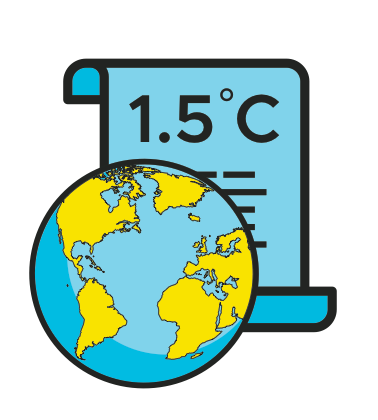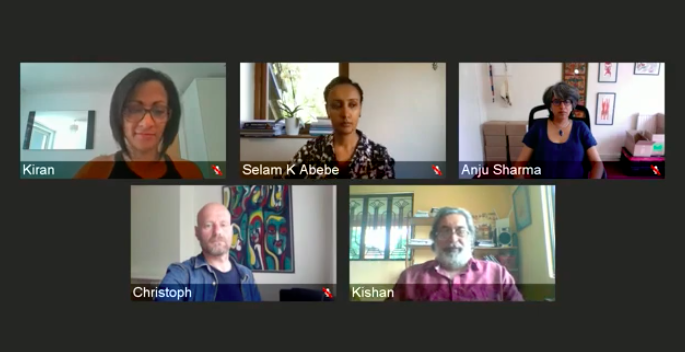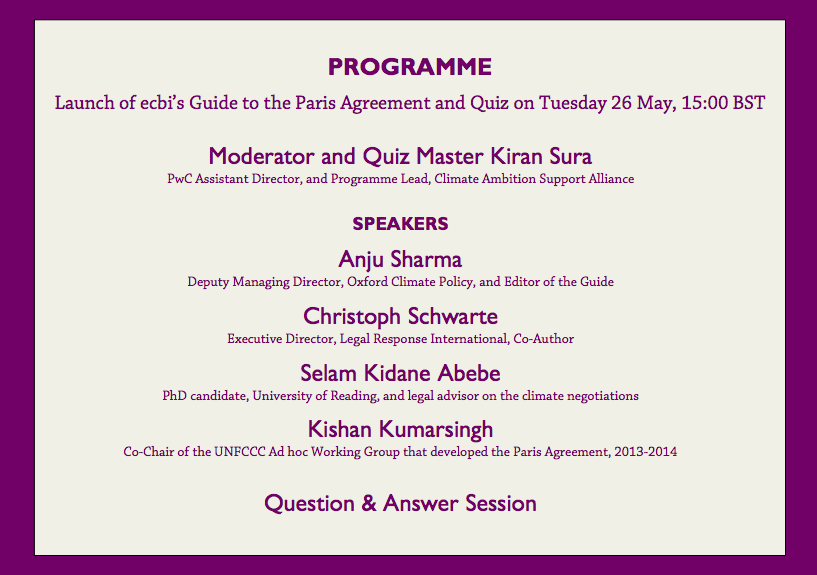2 September 2020
The COVID-19 pandemic has highlighted the interdependency of human action, our natural world and the economy. It has also exacerbated vulnerabilities and inequalities, and brought home the message that we share one and the same planet.
As countries start bringing the pandemic under control and turn their attention to re-starting their economies, it is becoming clear that for the recovery to be durable and resilient, a return to business-as-usual is not an option. “Biodiversity, climate and health must be addressed holistically… to build back better and greener“ was one of the messages of the High Level Political Forum on Sustainable Development, held on 17 July 2020 under the auspices of the UN Economic and Social Council.
This will require a host of interventions on health, agriculture, access to clean water, wildlife trade, deforestation, social protection, disaster risk reduction programmes … to name but a few. It also presents opportunities for reconsidering priorities as part of recovery packages. For example, a focus on inclusiveness and a just transition for measures with environmental objectives; or a recalibration of financial resources away from ‘only’ disaster preparedness and response towards disaster prevention.
In this context, the 2030 Agenda for Sustainable Development and its 17 sustainable development goals (SDGs), the Paris Agreement and the Sendai Framework for Disaster Risk Reduction provide formally separate platforms for action. They share many objectives, however, including strengthening resilience, building adaptive capacity and reducing vulnerability to climate change and disasters.
A recent LRI advice paper provides an overview of some of the links between the different instruments and highlights opportunities for consolidated action. In the wake of the pandemic, the need for coherence of action is more critical than ever: governments are not responding to COVID-19 and its effects in isolation and need to mainstream climate change and disaster preparedness into economic recovery programmes.
There is a unique opportunity for bold and unprecedented leadership on the climate crisis and broader ecological crisis. Decisions made about the recovery from COVID-19 will shape our societies for years to come. Now is not the time to go back to old habits, but instead to pair the recovery with action on the climate and ecological crises and to build resilience against future shocks.
Governments should strategically use this opportunity to create an enabling environment for the alignment of different policy processes. This could include the integration of processes to develop nationally determined contributions (NDCs), national adaptation plans (NAPs), strategies for achieving SDGs and disaster risk reduction strategies into economic stimulus packages. For this to happen, coordination of relevant ministries and departments and across levels of government will be key.
The call for doing things differently may also apply to the UNFCCC process that routinely flies thousands of people across the globe. During the pandemic, technical meetings and discussions took place virtually but all decision-making sessions had to be postponed: during the negotiations, decisions are taken by consensus only and final agreement is forged in physical meetings including the infamous ‘huddles’. So, after over 20 years of deliberations, might it be finally time to adopt the rules of procedure and a provision that allows for qualified majority decisions by electronic voting?



